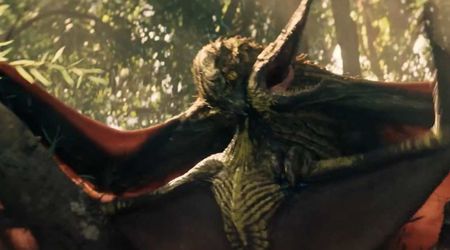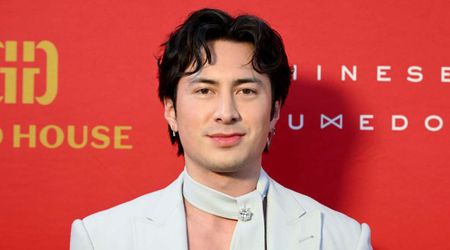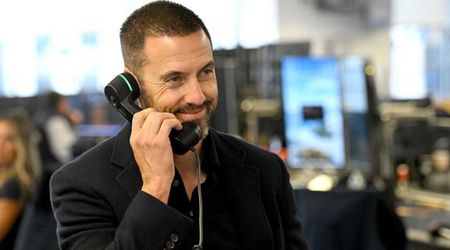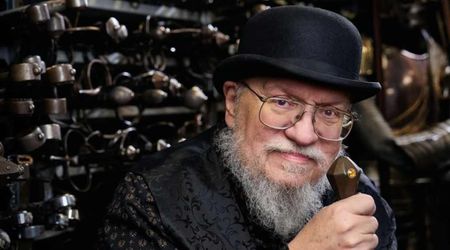Gen. Douglas MacArthur would have won the Korean War had it not been for his excessive pride

General Douglas MacArthur was easily the most controversial of all the great American leaders in World War II, whose genius and folly took mythical proportions. He was the only general to have fought in all of America's major 20th-Century wars, including World War I, World War II, and Korea. Furthermore, historians argue that as a combined tactician, diplomat, strategist, geostrategist, and politician, he was the most versatile military figure since Ulysses S. Grant.
PBS documentary 'Korea: The Never-Ending War' expands on the minute details that ultimately determined the result of the conflict and how MacArthur turned the tables during an ongoing war that was deemed lost at one point.
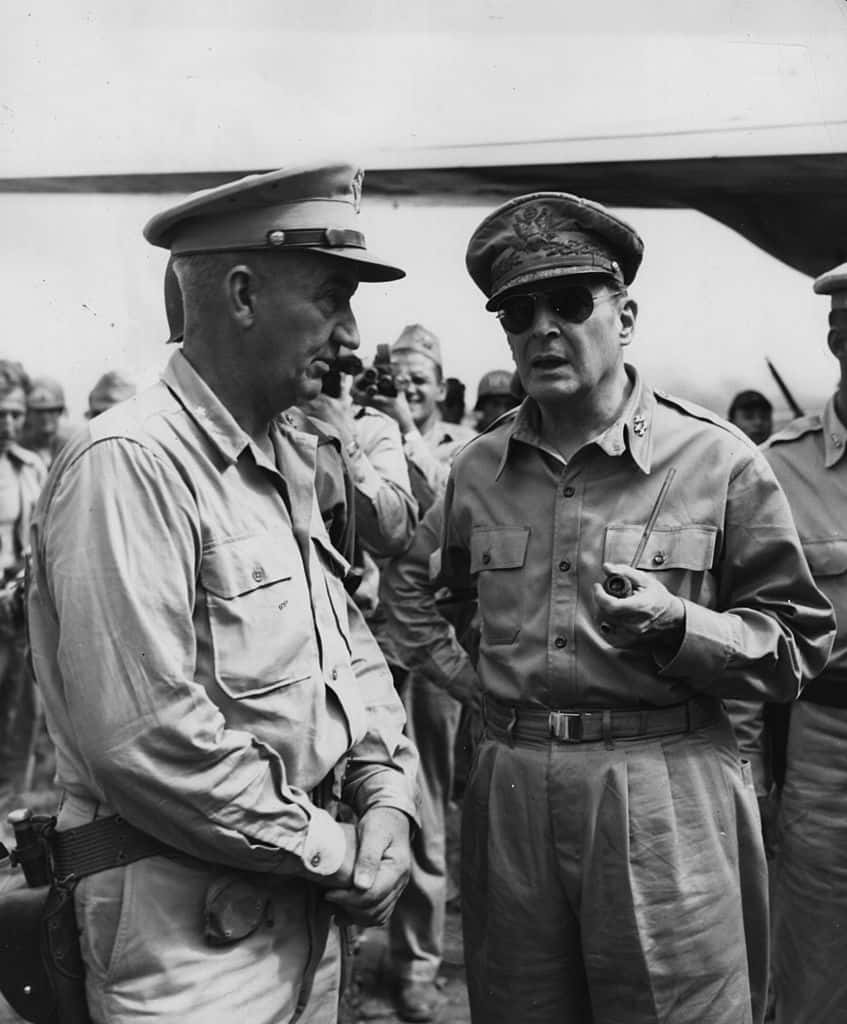
In a conversation with MEA WorldWide (MEAWW), writer and producer John Maggio explained the larger-than-life personality of possibly one of America's greatest warriors.
"Gen. Douglas MacArthur was this classic American character," he said. "A real throwback or reference to the great generals of World War II. I mean, he won the Battle of the Pacific, and you have to give him credit for that. He was a brilliant, brilliant military mind."
While history has always sought to weigh the strengths and weaknesses of notable leaders on the battlefield, not much has been discussed about the often unlikeable MacArthur.
Born into a military family in 1880, MacArthur went on to become one of the most powerful military officers in modern American history. He took on muscular roles as the Allied Commander of the Southwest Pacific Theater during World War II and the Commander in Chief of the Far East (CINCFE) after the war.
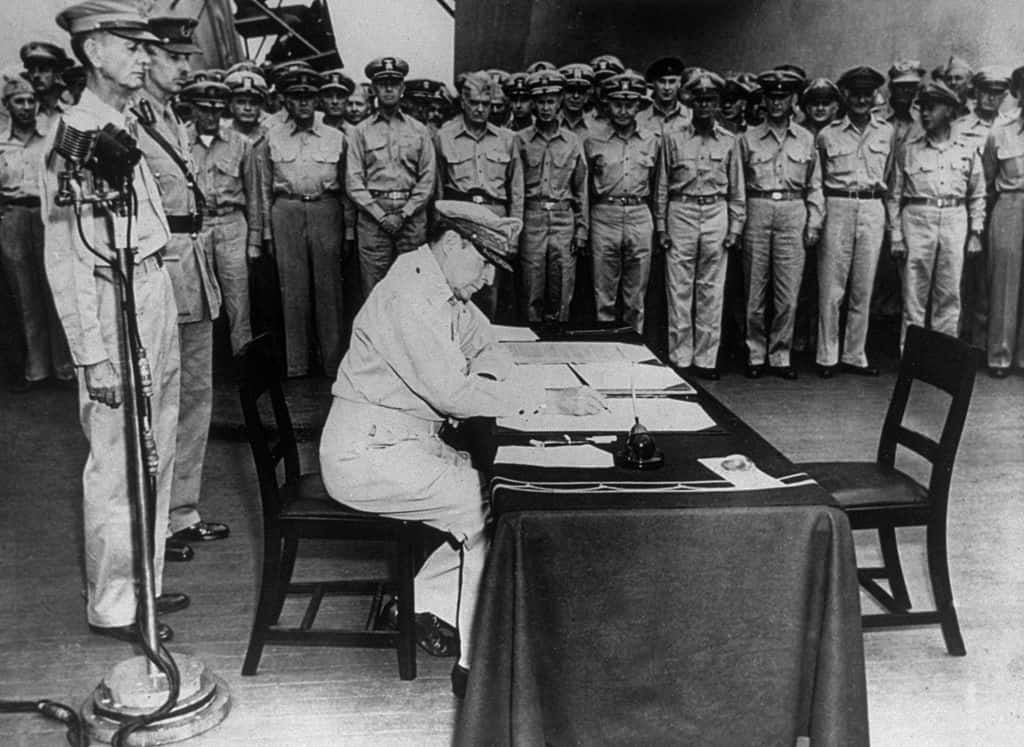
In September 1945, he accepted the Japanese surrender aboard the USS Missouri and subsequently acted as Supreme Commander over the occupation of Japan. Then, in the Korean War, he commanded all the American forces deployed in the Far East until he was forcibly relieved of his duties by President Harry Truman in April 1951.
MacArthur's family constituted generations of male ancestors, some of whom had fought Native Americans in the American West. The born-leader attended West Point before becoming the youngest divisional commander in France during World War I and became Chief of Staff of the US Army from 1930 to 1935. In World War II, he led the charge of American forces in the Philippines.
MacArthur's legend was sealed after his almost successful takeover of the Korean peninsula. In the fall of 1950, he orchestrated a brilliant amphibious attack behind enemy lines at Inchon near the Korean DMZ (or the infamous 38 degree parallel) — leading the United States to a guaranteed victory. However, despite his genius, the general failed to scale the threat posed by a Chinese intervention — which caught American troops completely off-guard during an unexpected ambush in November 1950.
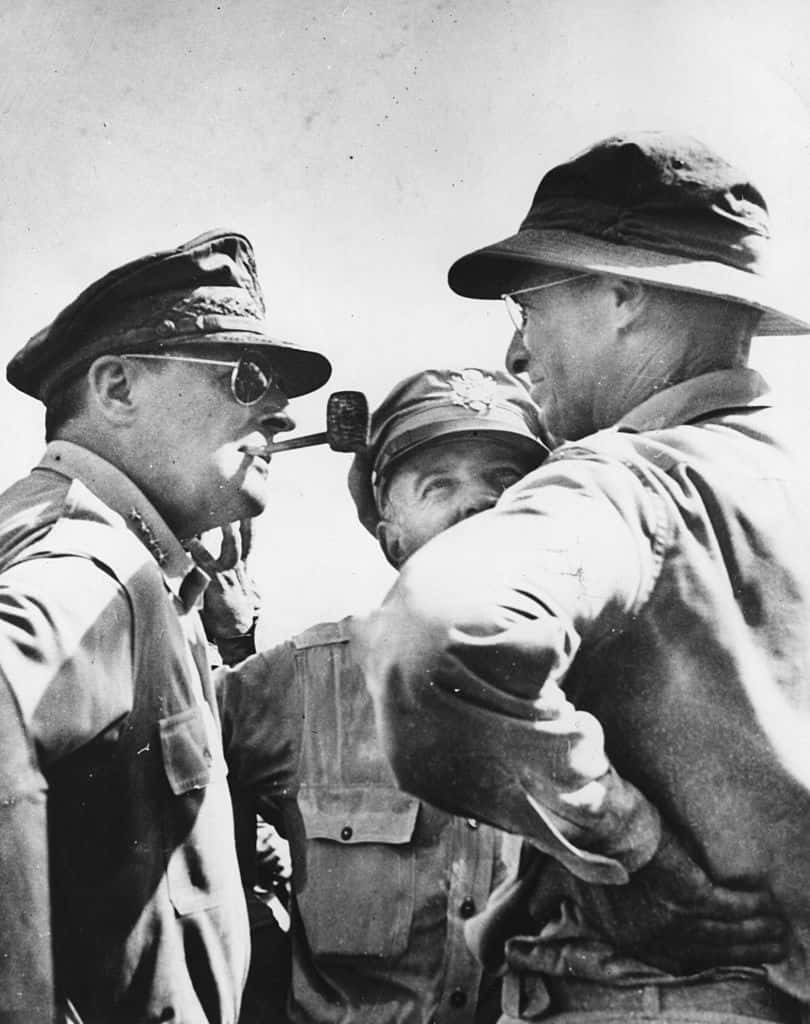
Not one to back down from a fight, MacArthur doubled down. He demanded a full-scale retaliation involving nuclear weapons against China but was ultimately denied by President Harry S. Truman, who feared such a move would lead to World War III.
"With most men like that in that era, hubris took over. They believed their own legend — and I think that got in his way," Maggio told MEAWW. "He believed he could beat the North Koreans with one hand tied behind his back — and maybe he could have — but not with the Chinese entering. His idea to use atomic bombs in China would have been useless because its population was so diffused."
What followed was a nasty public dispute between the two leaders over American foreign policy. Truman was forced to relieve the over-ambitious general of his command citing insubordination. After his honorable discharge in April 1951, MacArthur received a hero's welcome across cities right from San Francisco in the West to New York in the East.
"He was a little bit caught in his own web," Maggio continued. "His hubris and unabashedness eventually led to his undoing — and it was to Truman's credit to recognize it."
The controversial military genius was not just another poster-boy of the political right. For nearly 20 years, pundits considered MacArthur a possible ultra-conservative Republican candidate for presidency. His vision of a capitalist, democratic, and Christian America and its role as the savior of the world was highly conflicting with almost all major political narratives at the time.
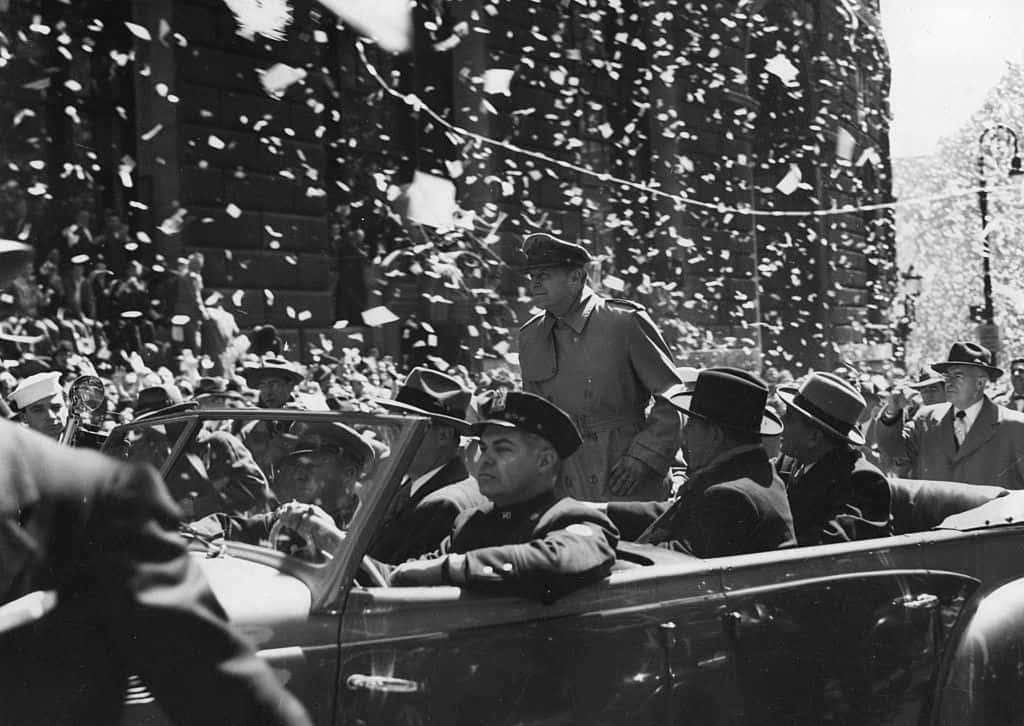
"It was not an easy thing to fire MacArthur or take him off the battlefront — he was hugely popular among the masses, far more popular than Truman ever was, and even considered a run for President," Maggio said.
"When he came back to America, as we've detailed in the film, he was treated like a god, a king, with massive parades lined with throngs of his supporters. Although he may have been failing on the battlefront, his legend was such that America just wanted to embrace him."
MacArthur, one of the greatest military minds of all time, was judged as much for his political beliefs as his performance on the battlefield — like no other general in American history. He eventually faded from the public eye after an unsuccessful bid for the Republican presidential nomination in 1952.
"I think he truly represented the idea of American exceptionalism," Maggio said, in conclusion.

